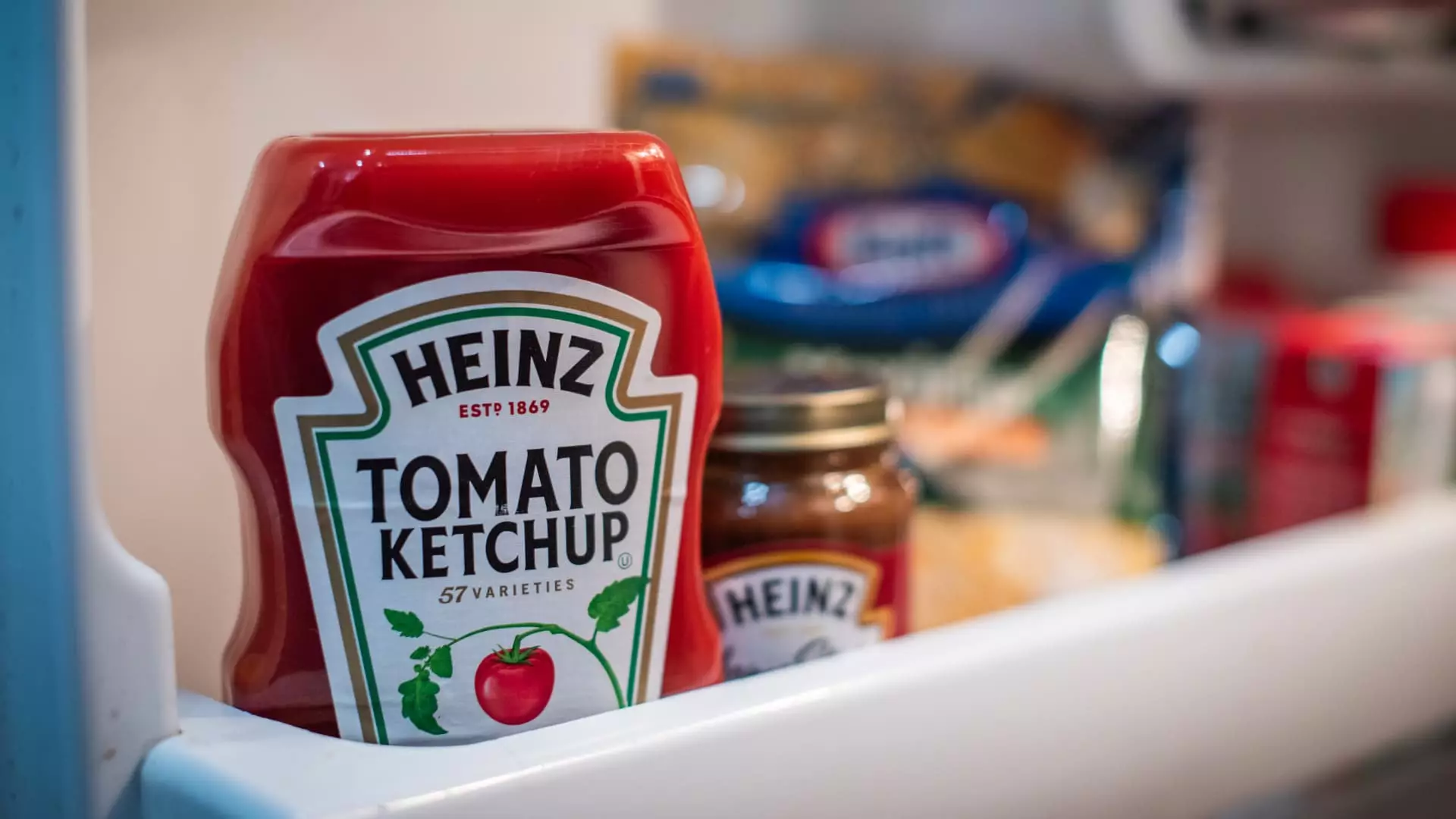Recently, news broke regarding Brazilian private equity firm 3G Capital’s decision to sell off its 16.1% stake in Kraft Heinz, marking the end of an era that began nearly nine years ago when it orchestrated the merger of Kraft Foods and Heinz with Warren Buffett. The move comes after 3G’s diminishing influence on Kraft Heinz, as the firm had seen its number of board seats dwindle from three to none by July 2022.
While 3G Capital quietly exited its position in Kraft Heinz, Warren Buffett’s Berkshire Hathaway remains the company’s largest shareholder with a 26.8% stake. Berkshire and 3G’s relationship began in 2013 when they joined forces to privatize Heinz, followed by the merger with Kraft Foods two years later. Initially, the newly formed entity enjoyed investor approval due to its focus on cost-cutting measures, a strategy favored by 3G. However, challenges arose in the packaged food business as consumer preferences shifted towards fresh foods and private-label brands gained traction.
Despite initial success, Kraft Heinz faced a tumultuous period in 2019 when a single earnings report led to a dividend cut, SEC investigation, and a $15 billion write-down of its brands. Warren Buffett openly admitted that Berkshire and 3G had overpaid for Kraft Heinz, driven by an inflated perception of the brand’s value. Some investors pointed fingers at 3G’s aggressive cost-cutting approach as a factor in the company’s struggles.
In an effort to reverse the company’s fortunes, 3G Capital intervened by appointing a new CEO, an AB InBev veteran, to lead Kraft Heinz through a turnaround. The company embarked on a series of strategic moves, including increased marketing spending, product innovation, and divestment of non-core assets such as the cheese business and Planters nuts brand. These actions aimed to reduce exposure to private-label competition and revitalize the brand’s image in the market.
As Kraft Heinz underwent transformation, 3G Capital gradually reduced its stake in the company since 2018, with periodic sell-offs impacting the stock price. Key figures from 3G, including founder Jorge Paulo Lemann and others, stepped down from the board in subsequent years. The final board member, former AB InBev CEO Joao Castro-Neves, also resigned, signaling the conclusion of 3G’s influence on Kraft Heinz.
In the wake of 3G Capital’s exit, Kraft Heinz appointed Carlos Abrams-Rivera as its new CEO, breaking away from the company’s historical ties to 3G. With a focus on innovation, brand rejuvenation, and market relevance, Kraft Heinz aims to chart a new course for its future, free from the shadow of its former private equity partner.
As Kraft Heinz navigates the evolving landscape of the food industry, the company’s decision to part ways with 3G Capital marks a significant turning point in its journey towards growth, sustainability, and competitive advantage in a challenging market environment.

